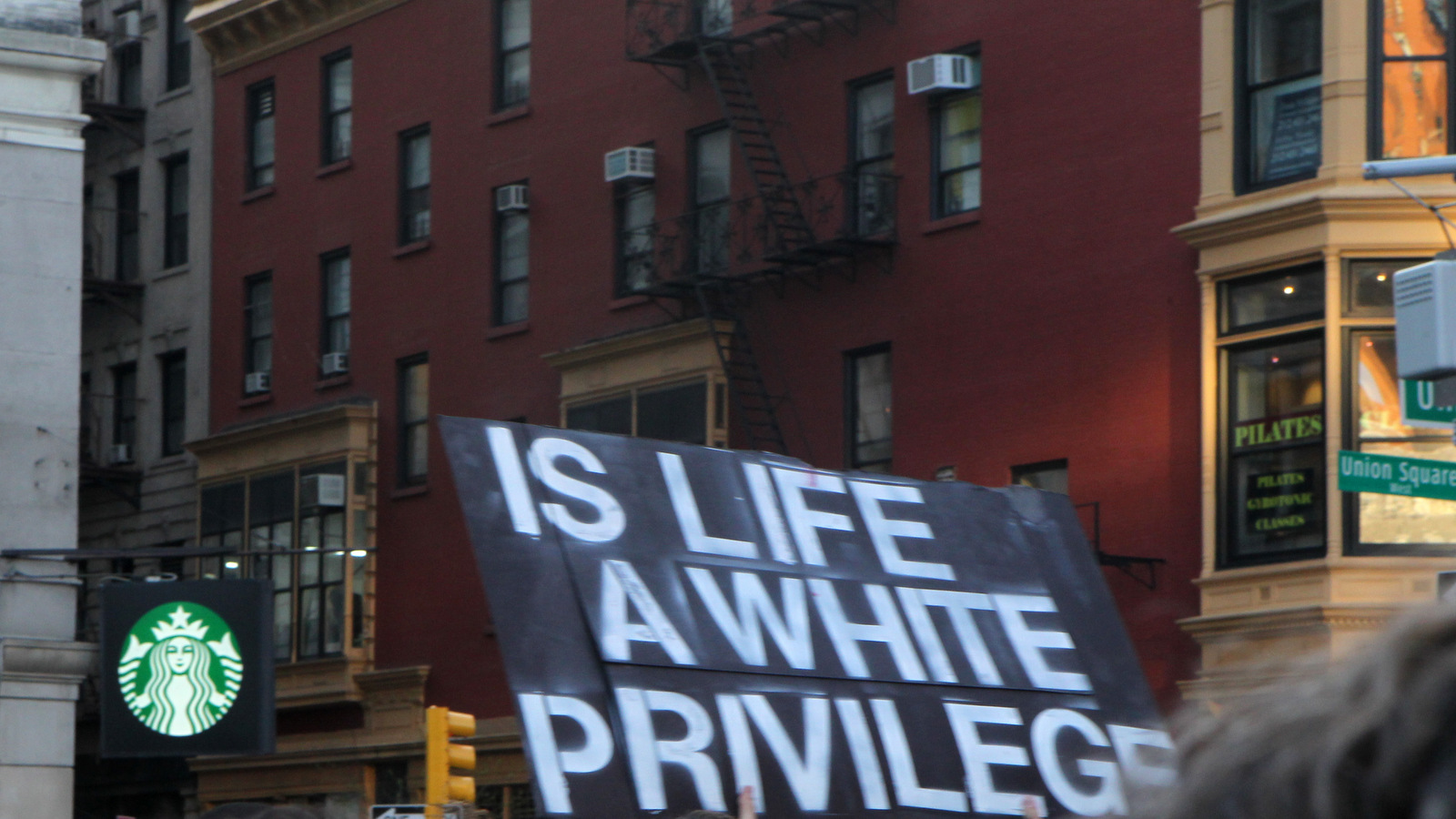
With protests against police brutality, mass incarceration, and systemic racism sweeping the nation, activists seeking to empower local movements and elevate on-the-ground solutions have developed a set of resources that highlights the “the slow but sustained work of many communities to enact meaningful reforms that transform both the practices and the purposes of our policing and criminal justice systems.”
Building Momentum from the Ground Up: A Toolkit for Promoting Justice in Policing, was released Wednesday by the advocacy organizations PolicyLink and the Center for Popular Democracy, both of which work to advance racial and economic justice through grassroots organizing and progressive policy campaigns. A companion Justice in Policing website will launch on Friday.
“While media attention waxes and wanes, the groundswell of anger and grief unearthed by the public killings of sons, daughters, fathers, mothers, and transgender sisters and brothers has started to translate into meaningful policy reform at the local, state and national level,” reads the introduction.
The Toolkit, its authors say, was developed in collaboration with leaders in the Black Lives Matter movement and “is a direct response to organizers, elected officials, and community members from across the country seeking support and resources for campaigns aimed at transforming the policies and practices of local law enforcement.”
It showcases best practices, successful organizing efforts, and model legislation from across the country, and puts forth 15 recommended policy reforms aimed at ending mass incarceration, improving relations between law enforcement and the community, ensuring independent oversight, and improving department standards and training. These include:
- decriminalization of behavior that does not pose a threat to public safety;
- municipal court reform;
- limiting local enforcement of federal immigration policy;
- support for diversion programs;
- consideration of how criminal justice legislation impacts Black and Brown communities;
- passage of “consent to search” legislation;
- bans on “bias-based” policing;
- increased community oversight over law enforcement;
- better data collection and enforcement;
- thoughtfully implemented use of body cameras;
- assignment of special or independent prosecutors in cases where officers use force against civilians;
- demilitarization of local police forces; and
- improved law enforcement training on everything from justice and fairness to consent to search to use of force.
For each recommendation, the Toolkit offers examples of successful implementation and sample legislation.
Take, for instance, the section on municipal court reform. “Under most state law, courts can issue bench warrants for the arrest of anyone who does not appear for a court date after being ticketed for a violation or given a summonses,” the Toolkit explains. “As a result, too many individuals serve jail time for parking infractions or park code violations. Incarceration is not an appropriate response to the failure to pay a fine or appear in court for a minor or civil offense.”
Noting that both city councils and municipal courts can lessen the “discriminatory and crippling impact of bench warrants,” the Toolkit points to best practices such as:
- the elimination of additional fees and fines for missed court appearances;
- the provision by municipal courts, municipalities, and states of alternatives to monetary payment for fines including community service, as suggested by advocates in St. Louis;
- enforcement of a cap on the amount of municipal revenue that can be generated from traffic tickets and other offenses.
“We hope that by providing resources and model policies, and by elevating the inspirational and transformational work underway, we can support organizers and elected officials in their continuing struggle for a fundamental reorientation of both the purpose and practice of policing in this country,” the Toolkit reads.
The groups also call on mayors across the country to sign a Mayoral Pledge to End Police Violence, which includes “important principles and actions that model community-centered policing.”
By signing the pledge, a mayor commits to “immediately take…actions to end the police violence epidemic and help ensure that NOT ONE MORE person unjustly dies at the hands of our police force.”

